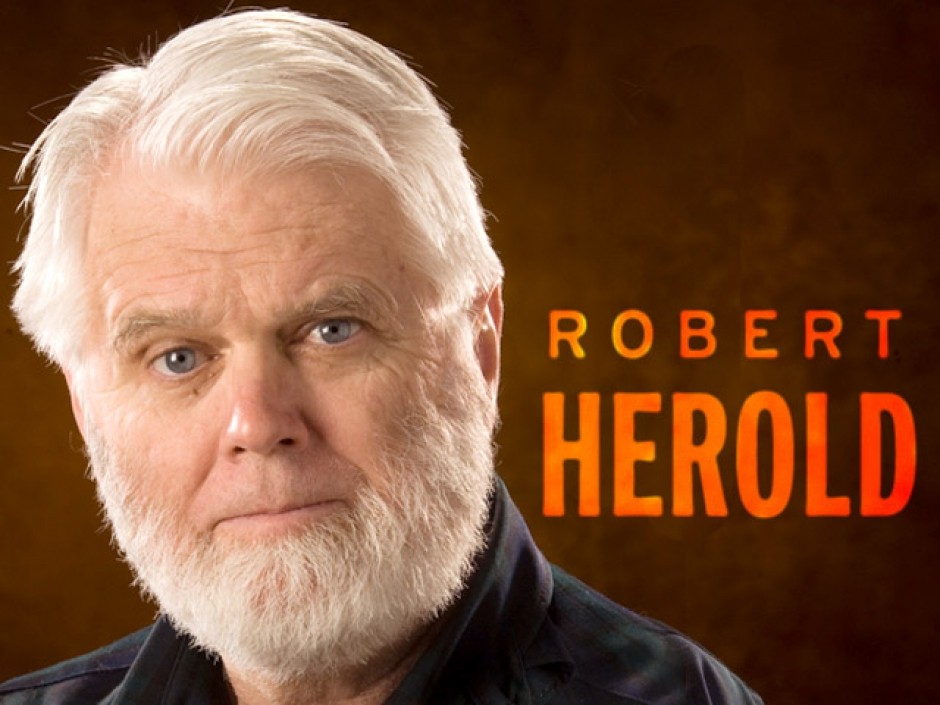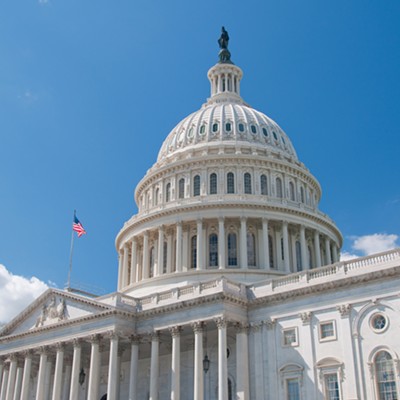Ken Burns’ documentary about Prohibition couldn’t have been more timely. A few days after it aired, our Republican-led House of Representatives polished up its theocratic credentials by deciding to ignore the president’s economic development and jobs bill — wouldn’t even consider it — and instead devoting their time to yet another anti-abortion bill. This one was aimed at denying reproductive health care if it is to be paid for in any way by the Obama health care policies.
At the same time, other self-righteous House committees
were busily taking up related anti-abortion measures. The economy?
Afghanistan? Apparently there’s no time for such mundane stuff when
God’s work is at hand.
We saw similar expressions of self-righteousness during the years prior to passage of the 18th Amendment and the Volstead Act, which took effect a year later in 1920. Fueled by the violent protests of the Anti-Saloon League, an anti-booze stance had become the politically correct dogma of its time — especially throughout the Protestant fundamentalist-dominated South and West.
To the dismay of the zealots, following the passage of the Volstead Act the nation watched as a giant underground crime industry was opened for business. Burns reviews the rise of the likes of Al Capone and then, to illustrate the breadth of opposition, takes us through the many ways that middle Americans of all stripes managed to continue drinking. A doctor’s prescription would get you all the booze you wanted. I recall the story my father told: His father ordered from a catalogue blocks of dehydrated grape juice that came with the instructions of don’t-dos. Don’t do this, or this, or this, or this; because if you do, this turns into wine and it is illegal to sell wine.
There was a class dimension: Many private clubs, seeing the reform on the way, had stockpiled every imaginable kind of alcoholic drink. Volstead only prohibited “selling,” not “drinking.”
At the time, the famed columnist Walter Lippmann predicted that Prohibition was doomed to fail because most people just didn’t think drinking was wrong.
Which brings us back to the present and our right-wing Republican theocrats. They face as much opposition as did their Prohibitionist ancestors. Just as most people then didn’t view drinking to be wrong, today most people don’t believe government — whether local, state or national — should make illegal a woman’s right to end a pregnancy under some circumstances.
The political scientist Morris Fiorina has been following this issue for some time. His data show that public attitudes on this issue really haven’t changed much since 1973. For example, by large majorities, the public still supports choice when a mother’s life is threatened; the percentages range between a low of 78 percent and a high of 85 percent. When rape or incest is involved, Fiorina’s numbers range from 65 percent to a high of 78 percent in support of a woman’s right to choose. A recent L.A. Times poll reports that while 57 percent believe that abortion is a form of murder, half that percentage still support a woman’s right to choose.
Prohibition reminds us that in America’s wacky political process, well-organized zealots can sometimes win temporary majorities. But in the case of abortion, even if the theocrats prevail, their harsh reforms would face the same obdurate opposition as Prohibition did almost a century ago. And this time the media presentations would be more graphic. Instead of reporting on the latest right-to-life pronouncements by some ever-so-self-righteous group, the public would see the horror of women being maimed or even killed by abortion butchers masquerading as doctors. We saw such stories leading up to Roe v. Wade; we could again.
And, just as we saw during the Roaring Twenties, new forms
of crime industries would spring up. And why not? Not only would there
be money to be made, but you would have many doctors and health care
providers violating the law for moral reasons — doctors who know
firsthand of the tragedies that women could experience.
At a recent roundtable discussion held by the Commonwealth Club in San Francisco, several theologians discussed the many current issues beset by organized religion. I was struck by one exchange in particular: They were discussing doubt, and it was pointed out that none other than Oscar Wilde once said that doubt is the beginning of faith. Another responded with a line of his own: “The enemy of faith isn’t doubt, it is certitude.”
Most worrisome, however, is how religious-driven political agendas are almost always propagated by zealots who replace faith with certitude. Then the next step for said zealots is to distinguish those who are certain from those who remain uncertain.
Oh they will say it differently — they will say that the fight is between the righteous and heretical. But that’s not what’s really going on. What’s really going on is political warfare being waged against the skeptics and the doubters who must repent and convert to the world of the righteous or face the stake. Whether the issue is Prohibition or abortion rights, this is typically where religiously driven certitude takes the nation. Former Republican strategist Kevin Phillips termed the results “The American Theocracy.”























